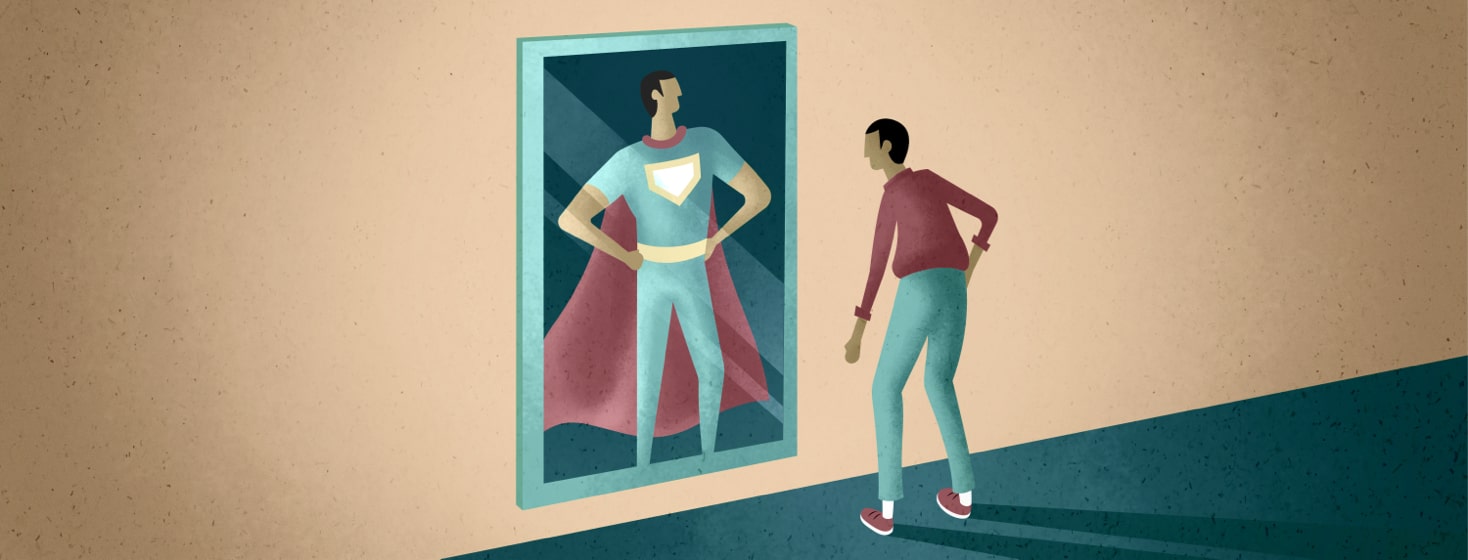Trusting My Body with RA: Can I?
Can I trust my body? It's something that I ask myself almost every day. Why, you might ask? Because realistically my body has turned against me.
It was healthy one day, and then all of a sudden, it was not. One day I was living life in London — visiting my favorite museums, drinking beer in Covent Garden, reading and writing poetry in Bloomsbury. And the next, I couldn't even pick up a pen to write.
I would walk around thinking, "What has happened here? Why has this terrible disease waltzed its way into my life at this exact moment?" For my body had established itself as a center, a locale of pain and suffering ever since I was diagnosed at age 21.
RA makes it hard to trust my body
I never realized how much I trusted — or maybe how much I had to trust — my body. When you get sick, you trust that your body would take care of you and get you back to normal quickly. But when you have RA and are taking immunosuppressant medication, you can't really trust that your body will get you better — at least in a timely manner.
I've personally experienced a significant increase in the amount of time that it takes for me to recover from any illness — really any bruise, cut, scrape, what have you. If I fell on the sidewalk and bumped my elbow five years ago, it would heal within two or three days. If I fell on the sidewalk and bumped my elbow today, it would probably heal within two weeks or more.
Learning how to trust my body
Even though the rate at which my body can heal (and really my whole body itself) has slowed down, my life has done anything but sped up. I now work full-time. I am in graduate school pursuing my MA, am the editor of the journal, and attend/plan virtual conferences throughout the year.
It's a time where I need to rely on my body the most and, lately, I've been asking myself how I can even do that. I've come up with a few ideas:
1. Listening to my body. This sounds axiomatic, but it is true. Listening to my body is the best way to begin trusting it again. If it's tired, I know that I need to rest more—when I can. If I'm hungry, I eat. If I can exercise and walk, then I do that.
2. Continuing to read and write about my condition (and therefore my body). That not only involves reading books about RA but also reading what other members on this site have experienced! Lived experienced, although highly personalized, is often one of the best ways to learn from others.
3. Trusting myself—ironically. Trusting myself that I am doing the best I can do given my experiences. Trusting myself that I can do what I set my mind to. Trusting myself that things will be okay in the end.
This sounds melodramatic. Maybe it is. But, for me, it's a way to process the pain and suffering that I experience as someone who is young and has a chronic illness.

Join the conversation